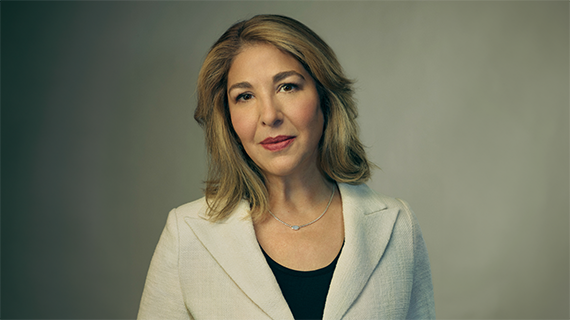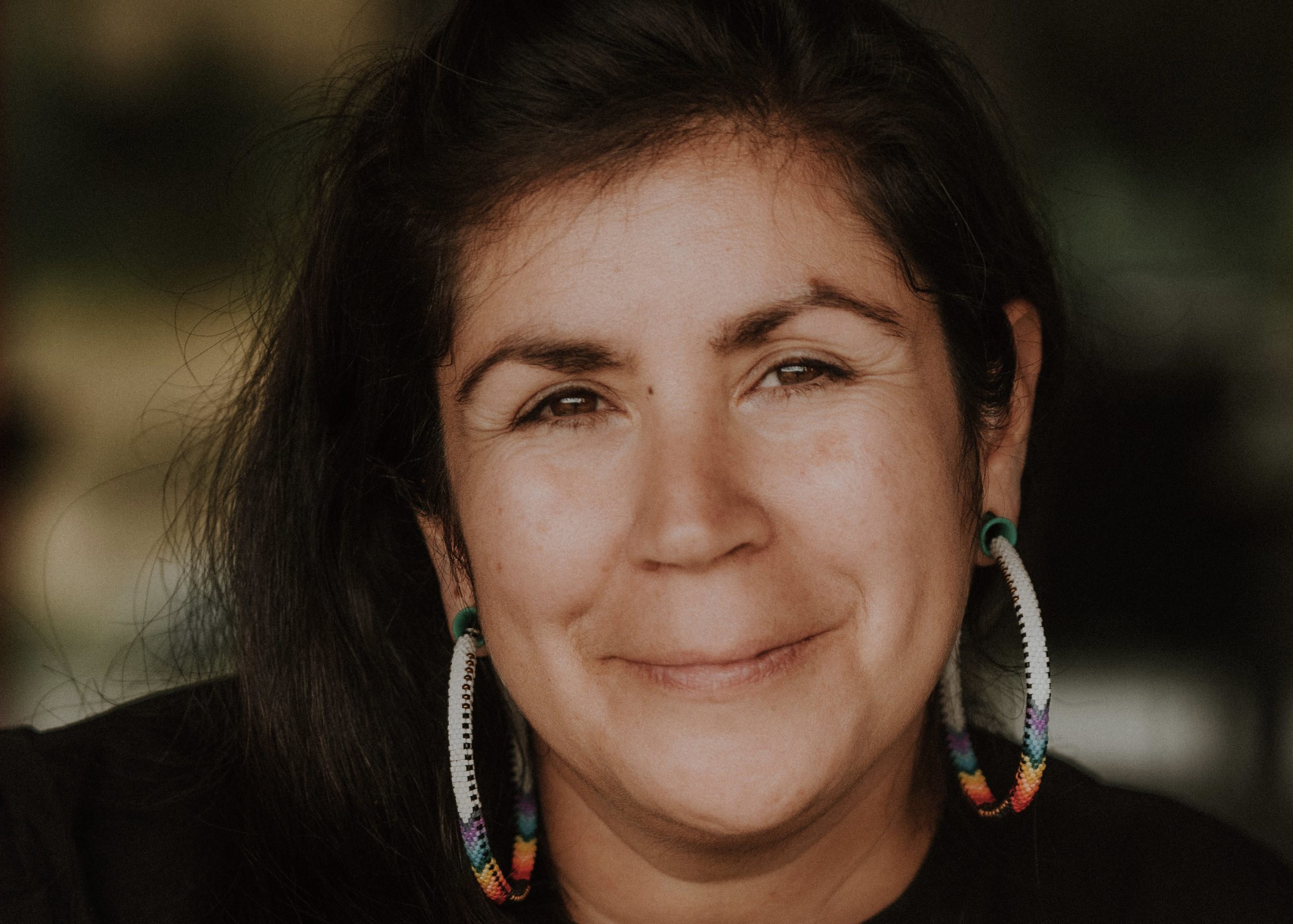By Bryan Zandberg
According to Rebecca Weiss, a recent grad of the Cognitive Systems program, a lot of UBC students picture their counterparts in Cognitive Systems creating intelligent robots that will one day rule the world. In reality, the multi-disciplinary undergraduate program teaches students the principles and techniques used by intelligent systems – both natural and artificial — to interact with the world around them.
Many Disciplines Combined, Four Streams Offered
The truth about ‘Cogsys kids’, she says, is far less glamorous, not to mention less nefarious. “This program tends to attract kinds of geeks,” admits Weiss. Not only that, but Weiss says the program is attractive to students because it’s a unique interdisciplinary experiment, one that blends elements of computer science, linguistics, philosophy, and psychology by blending undergraduate students interested in one of those four streams fields.
Students in both Science and Arts are admitted, and can earn B.A.s in either the Cognition and Brain or Language streams, or a B.Sc. in either the Cognition and Brain or Computational Intelligence and Design streams.
Unique Program Responding to Need for Skilled Students
In reality, the program is so cutting-edge that director Eric Vatikiotis-Bateson says you’d be hard-pressed to find a comparable offering anywhere in the world. That’s because as computers and communications systems become increasingly applicable to our daily lives, the need for skilled thinkers who can grapple with the problems posed by emerging technologies like robotics and artificial intelligence has never been greater.
With a mandate to foster wide skill sets, Prof. Vatikiotis-Bateson says the Cognitive Systems program does its best to blur the lines so students will be uniquely poised to overcome the challenges of new generations of intelligent systems. “We try to get different people from different backgrounds talking to each other and trying to understand what’s going on with the other side,” he explains.
Lots of Options for Grads
Started with a handful of students in 2001, the program’s broad-based approach has translated into some remarkably broad-based work placements for CogSys graduates. Some have gone on to become entrepreneurs with their own start-up companies; other currently work in fields like mining engineering robotics, digital media, gaming, artificial intelligence, cognitive neuroscience, and operating systems development. “You can apply it any way you want,” says Prof. Vatikiotis-Bateson of the degree.
Broad, not boring: Student Tony Chu
Tony Chu is currently in his fourth year of a B.A. in the Cognition and Brain stream of the program, and he says he’s fascinated by human-computer interface (HCI), or in other words the analysis of how humans use computers. While he’s always had an interest in Economics, he admits he found that field somewhat narrow, and a little “boring.” CogSys, he’s found, is anything but. “It’s broad, it’s interesting, and it’s a little bit techie, which is something that I like.”
After graduation, Chu hopes to apply what he’s learned to find more intuitive and user-friendly ways to present stock market information. He wants to help discover new ways to present tables and graphs in a digital environment as part of an emerging field known as data visualization. But before he hits the workforce, he’ll likely go on to grad school to supplement what he’s already learned. Eventually, he’d love to work for Google, but the field’s still wide open.
“I feel like I can go to a lot of places.”


